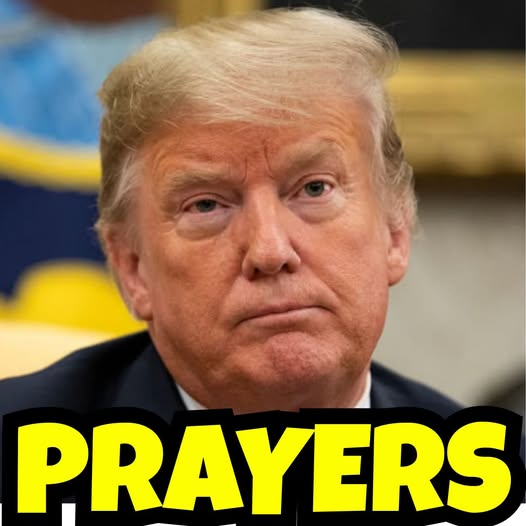
Donald Trump Faces Federal Indictment: What It Means for U.S. Politics
Former U.S. President Donald Trump is once again at the center of national debate after federal prosecutors announced a new indictment. The charges relate to his actions following the 2020 presidential election and represent one of the most significant legal challenges faced by any former president in American history.
The Charges
The indictment outlines four main allegations:
Conspiracy to Defraud the United States – Prosecutors claim Trump and others worked to mislead federal authorities during the election certification process.
Conspiracy to Obstruct an Official Proceeding – Tied to the January 6, 2021 certification of Electoral College results.
Obstruction of, and Attempt to Obstruct, an Official Proceeding – Accusing direct efforts to interfere with Congress.
Conspiracy to Violate Constitutional Rights – Alleging coordinated attempts to undermine citizens’ right to have their votes counted.
These charges mark some of the most serious ever brought against a former U.S. president.
Historical Context
While American presidents have faced controversy before, the scale of these criminal allegations is unprecedented. Richard Nixon resigned during Watergate before facing trial, and Bill Clinton was impeached but acquitted. Trump’s case stands apart because it involves federal charges while he remains a leading political figure and declared candidate for 2024.
Political Reactions
Reactions broke sharply along partisan lines:
Supporters of Trump argue the case is politically motivated and timed to hurt his campaign.
Critics say the charges are necessary to uphold accountability and protect democratic institutions.
Legal experts note that much will depend on proving intent and the strength of the evidence presented in court.
Public Opinion
Social media and polling reflect deep division. Many Democrats view the indictment as justified, while most Republicans see it as unfair. Independent voters remain split, expressing concern both about election integrity and about the justice system appearing politicized.
Legal and Political Ramifications
The indictment raises complicated questions:
Could trial dates overlap with the 2024 presidential election?
What happens if Trump remains a candidate while facing court proceedings?
How might the outcome reshape public trust in U.S. institutions?
Conviction could carry serious penalties, but appeals and delays may extend the legal battle for years. Trump also faces other investigations at both state and federal levels.
Broader Implications for Democracy
Beyond one individual’s fate, the case is seen as a test of the U.S. legal and political system. If courts are perceived as fair and transparent, confidence in democratic institutions could be strengthened. If the process is seen as partisan, it may further deepen political divides.
Looking Ahead
Key questions remain unanswered:
How strong is the government’s evidence?
Will the trial conclude before the election season?
What impact will this have on Trump’s campaign and the Republican Party?
Conclusion
The indictment of Donald Trump underscores the ongoing tension between law, politics, and public opinion in the United States. Whether he is found guilty or cleared, the case will have lasting effects on American democracy and future presidential campaigns.
As the nation watches closely, one principle remains central: the rule of law applies to all citizens, regardless of position or power.



